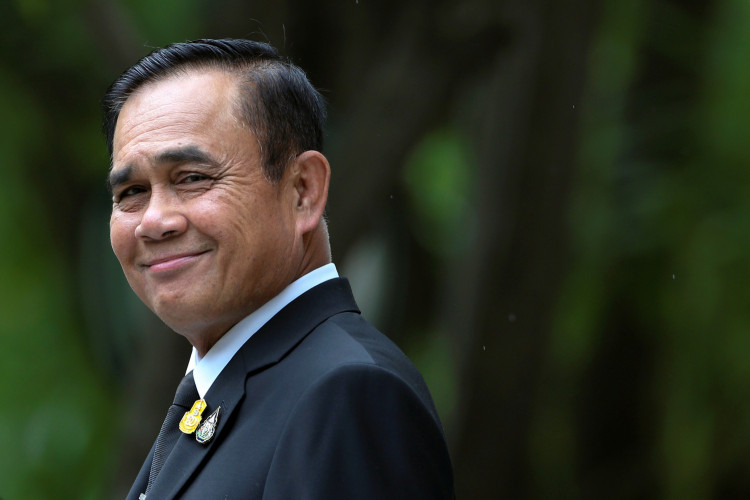The gray cloud that hovers over Thailand's political realm has left foreign investors wary and very cautious of taking steps in betting their money on the country. Analysts believe the slowdown in investments will continue until the political upheaval calms down.
Chief Executive Officer of the Thailand e-Business Center, Kulthirath Pakawachkrillers said it was now much tougher to seal a deal with investors as many countries are trying to escape political issues within the country.
"Half of them are very worried, especially the Chinese because their economy slightly relies on the government too, so they say that the more a government is strong, the more than a country is strong," Kulthirath noted of potential investors in the Thai market.
In 2018, Kulthirath spoke with over 600 foreign investors from different countries in hopes of striking deals to improve the Thai economy. However, most of the investors were very clear that it's not yet time to bet their money in Thailand.
The delay in building Thailand's economy has also largely affected government spending, further pushing away hopes for additional investments to come through.
Over the last few years, Thailand's economic growth rate declined. Some economists are expecting a bigger blow this year as more investments are stalled and partnerships are put on hold due to political uncertainty.
Vice Chairman of the Federation of Thai Industries, Kriengkrai Thinnukul, said countries that were approached for potential investments said the current military government unrest was their reason for stalling negotiations.
Political experts noted that Prime Minister Prayuth Chan-o-cha should now focus on rebuilding Thailand by first tackling the apparent political unrest in his government. When Prayuth carried out the coup five years ago that put him in position, he pledged to give back the rule to the Thai people.
However, Prayuth appears to be having a difficult time uniting the military-backed government. The diversity has also proved to be a thorn in Prayuth's cabinet-building tasks.
After restructuring and taming the government, analysts said the prime minister should try to introduce reforms in foreign policy if Thailand wants to gain more trust and redeem confidence in its abilities to grow.
Last month, Thailand's gross domestic product (GDP) dropped to its weakest yet in four years, prompting economic experts to weaken their forecasts on growth this year. As expected, among the main reasons for lower growth estimates is the failure of political parties to unite for a new government.
Thailand's first quarter 2019 growth stood at 2.8 percent compared the previous quarter wherein growth was recorded at 3.6 percent.






